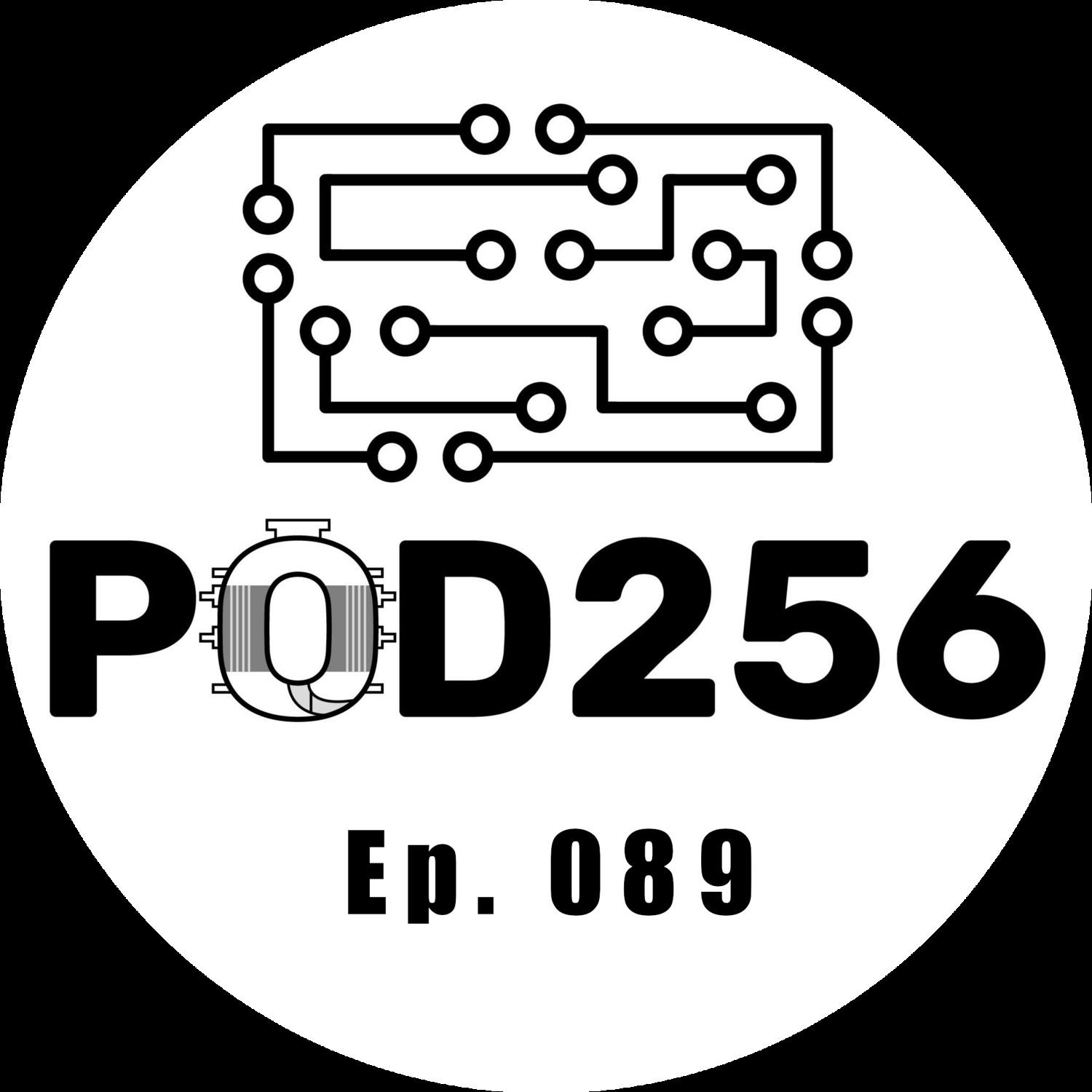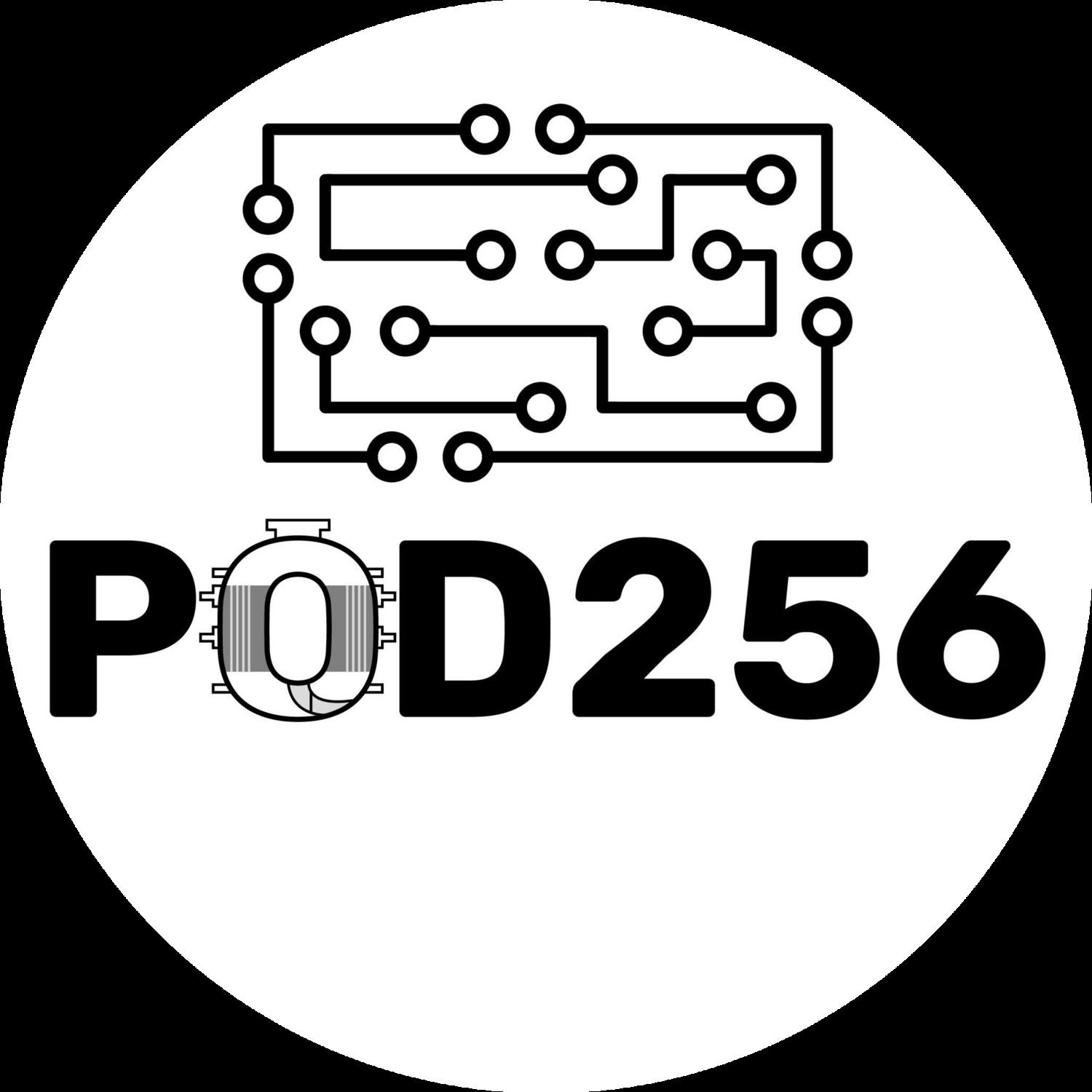05 October 2025
089. Copyleft and Cold Rooms: Open Hardware, Passive Heat, and Economic Nodes - E89

In this episode, I host a deep dive on open-source Bitcoin mining hardware and network policy. We kick off with updates on the Ember One v5 hashboard design: a modern, smarter voltage regulator with digital telemetry and over-temp safeguards, header breakouts for optional fan-control daughterboards, and the tradeoff of dropping 24V input in favor of better performance up to 17V. We talk real-world cooling scenarios from hardwired desk fans to immersion, water blocks, and the dream of a fully passive, fanless space-heater miner, and how firmware can target room temperature using external thermostats or Home Assistant, including hashing on dummy work for heat when the network’s down. We also cover system builds with S9 chassis reuse, USB hub scaling, and the open-source release on the 256 Foundation’s GitHub.
Then we zoom out to software and network sovereignty: IPv6 support work on Bitaxe and why testing the full chain (ISP to router to device) matters; the merits of self-hosting vs cloud IoT, dynamic DNS, and why more economic nodes will matter as home mining grows. We wade into Bitcoin Core vs Knots relay/mempool policy drama, argue for keeping “the knobs” and user choice, and explore a BIP proposing a scriptable mempool policy. Finally, we unpack copyleft vs MIT licensing for hardware and software, what “preferred format for modification” means for open hardware (use real CAD source, e.g., KiCad), how legal enforcement has played out (Cisco/Linux precedent), and why open-source accelerates development, decentralizes control, and creates durable ecosystems using Bitaxe’s rapid growth as a case study.
